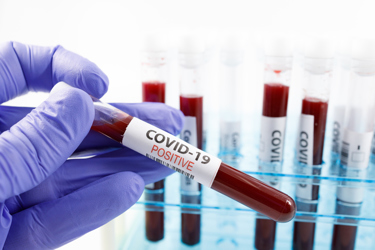Blood Disorder Clinical Trials – Adapting To COVID-19 Challenges

Blood disorders are broadly defined by their deficiencies in red cells, white cells, platelets, plasma, and/or bone marrow. Millions of individuals in the United States are currently suffering from a wide range of blood disorders, ranging from anemia (red cell deficiency) and leukemia (malignancy of white blood cells) to a host of other rare blood diseases.1
The first step to treating these diseases often begins with drug therapy, most commonly in the form of an infusion. Blood transfusions are also often needed in managing these conditions. However, with the spread of COVID-19 in 2020-2021, these patients – many immunocompromised – were subject to the further risk of infection as part of their daily lives and exposures. Not only did this hamper their treatment, it also delayed the progress of clinical trials, which have consistently provided important innovations in treating blood disorders.
Biorasi sat down with hematologist Robert S. Negrin, MD, a new member of our growing Scientific Advisory Board, to discuss the effect of the pandemic on blood disorder clinical trials. Dr. Negrin is a Professor of Medicine and former Chief of the Division of Blood and Marrow Transplantation at Stanford University. Dr. Negrin’s current research focuses on the fundamental understanding of graft vs. host and graft vs. tumor reactions, with an emphasis on immune regulatory mechanisms.
Get unlimited access to:
Enter your credentials below to log in. Not yet a member of Clinical Leader? Subscribe today.
